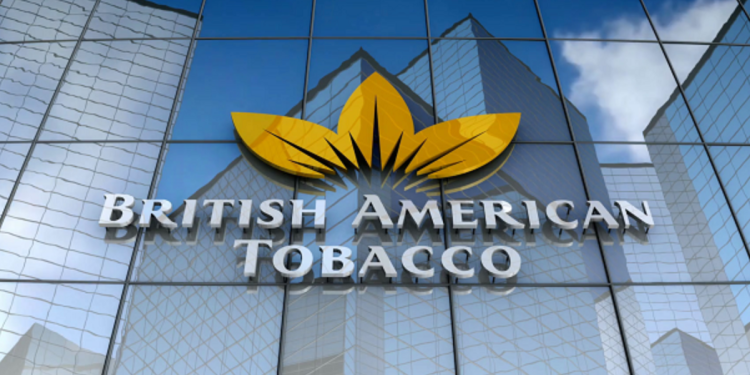British American Tobacco (BAT) Nigeria has shown its ability to sustain growth and drive local impact despite economic challenges.
The external affairs director, BAT West and Central Africa, Odiri Erewa-Meggison, stated this at the 2025 BUSINESSDAY Manufacturing Conference themed, “Unlocking Nigeria’s Manufacturing Potential: Strategies for Sustainable Growth Amidst Economic Turbulence.”
Erewa-Meggison offered insights into BAT’s Nigeria’s journey through decades of Nigeria’s economic cycles, revealing how the company had not only weathered the storms but contributed to reshaping the industrial landscape.
According to her, with over a century of operating history in Nigeria, BAT has evolved into one of the leading manufacturing entities in Nigeria, commanding a 55 per cent domestic shipment share and operating a $185 million state-of-the-art factory in Ibadan, Oyo State.
“This facility is not only a local manufacturing hub but also a regional export base, supplying products to 11 countries, including the United States. BAT’s operations contribute $110 million annually in foreign exchange earnings, which is no small feat in a time when Nigeria faces acute forex constraints.”
She also said that BAT Nigeria had remained a significant contributor to the national economy, saying that “between 2018 and 2023, it paid over N415 billion in taxes. But the company’s resilience is not just economic. It is deeply human.
“Sixty-seven percent of its senior leadership are Nigerian nationals, while its inclusion score stands at 86 per cent. The company trains over 600 employees annually in leadership, technology, and operations, building internal capacity that fuels external competitiveness.”
She emphasised BAT’s deliberate focus on gender equity: 36 per cent of management roles and 38 per cent of senior leadership positions are held by women.
She pointed out that “sustainability has become a business imperative for BAT Nigeria, not just a corporate buzzword.
“The company has embedded environmental, social, and governance (ESG) practices into its operations. All operational sites are certified zero-waste, and 30 per cent of all water used in manufacturing is recycled. She also informed the gathering that the company is also on track to achieve 100 per cent renewable electricity in its Nigerian operations by 2030.”
Odiri urged manufacturers to look beyond Nigeria’s borders and tap into the potential of the African Continental Free Trade Area (AfCFTA).
Regional integration, she argued, is a powerful lever for scale, investment, and knowledge exchange.
We’ve got the edge. Get real-time reports, breaking scoops, and exclusive angles delivered straight to your phone. Don’t settle for stale news. Join LEADERSHIP NEWS on WhatsApp for 24/7 updates →
Join Our WhatsApp Channel








